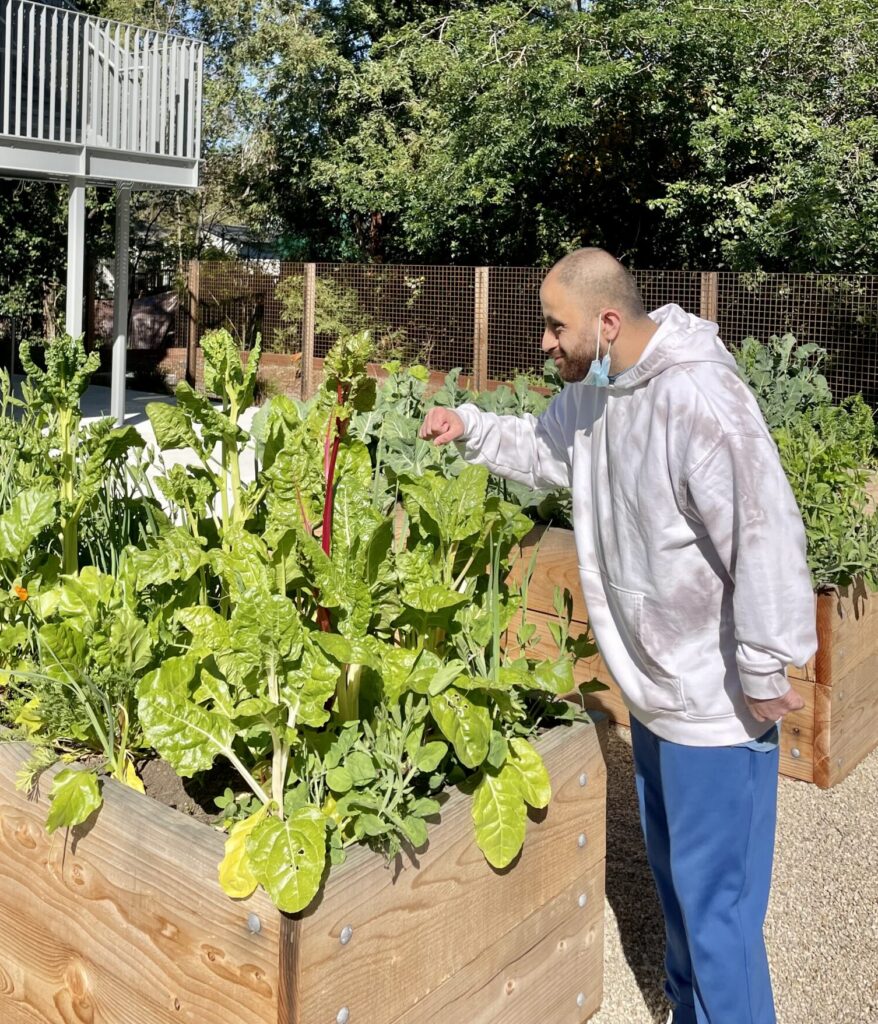Every year on National Nonprofit Day, we celebrate the organizations that make our communities stronger, fairer, and more connected. For Las Trampas, this day is not just about recognition. It is about shining a light on why we exist and why nonprofits like ours are still essential in 2025.
Nonprofits step in where society falls short. They fill gaps that no one else is willing or able to fill. They make the invisible visible, often with fewer resources than most people realize.
In disability services, this mission is not abstract. It is lived every single day.
When “Option” Is Not Optional

For many adults with intellectual and developmental disabilities (IDD), the programs we offer such as skills training, residential support, advocacy, and community inclusion are not extras. They are essential to living a life of dignity and independence.
Without them, opportunities can disappear overnight. The job interview never happens. The chance to live outside the family home evaporates. The ability to make friends or navigate public transit becomes an impossible leap.
Las Trampas was founded in 1958 by a group of parents who saw what others did not. Their children deserved an education, a future, and a place where they belonged. What began as a small school has grown into a thriving, participant-driven community where inclusion is not a promise. It is a daily practice.
More Than Services: A Force for Equity
We provide programs, yes. But our work is about more than classes or care schedules.
It is about removing barriers.
Sometimes that means helping a participant learn to cross the street safely so they can get to work.
Other times, it means standing at the State Capitol to tell legislators why Direct Support Professionals (DSPs) deserve wages that reflect the life-changing work they do.
Mission-driven is not just a label. In disability services, the mission is the difference between isolation and belonging, between surviving and thriving.
The Ripple Effect You Can See and Feel

Nonprofit impact does not stop with the individual. It spreads.
When one person gains a skill, their entire family feels the relief and pride.
When a participant gets a job, their workplace becomes more inclusive and co-workers become advocates without even realizing it.
When our self-advocates speak in Sacramento, they are not just influencing policy. They are shifting perceptions about what is possible for people with disabilities.
That is nonprofit work at its purest: change that begins with one person and grows into something much bigger.
Powered by People, Not Profit
None of this happens without the people who power our mission. Our Direct Support Professionals, program managers, residential staff, volunteers, and advocates make every step possible.
Unlike for-profit industries, nonprofits do not have profit margins to reinvest. Every dollar that comes in goes directly toward services, advocacy, and expanding opportunities. That is why community support through donations, volunteer time, and advocacy is not just nice to have. It is the fuel that keeps the work moving forward.
Where You Come In
On National Nonprofit Day, we invite you to not just celebrate us but to stand with us.
You can:
- Take a tour of our Lafayette campus and see inclusion in action
- Volunteer your time and experience the joy of real connection
- Join our advocacy network to help push for the rights and resources people with disabilities deserve
- Support financially knowing your gift directly fuels life-changing work
Nonprofits do not just exist to provide services. They exist to change what is possible. At Las Trampas, we have been doing exactly that for more than 65 years.
Learn more, get involved, and be part of our story at https://lastrampas.org